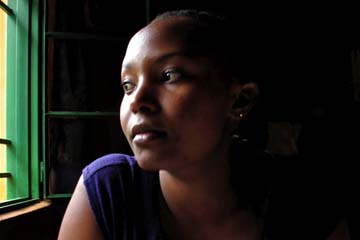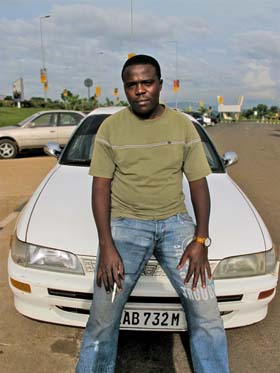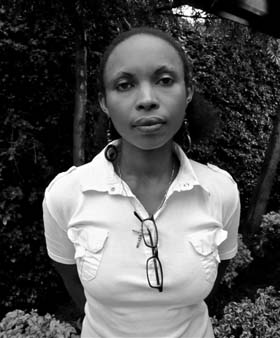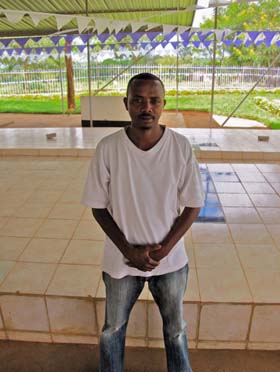7 April, Genocide Memorial Holiday
The next morning I meet a friendly and smiling hotel security guard, named Emmanuel. He seems instantly glad to see me, as though I am an old friend. He asks me what I’m doing in Kigali. He asks me where I’m from.
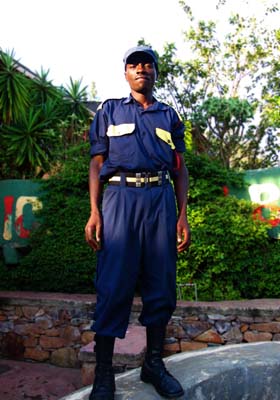
Emmanuel, 26, Student/Security guard
Canada, I tell him.
“Ah, Toronto? Montreal?” he asks.
“Vancouver.”
